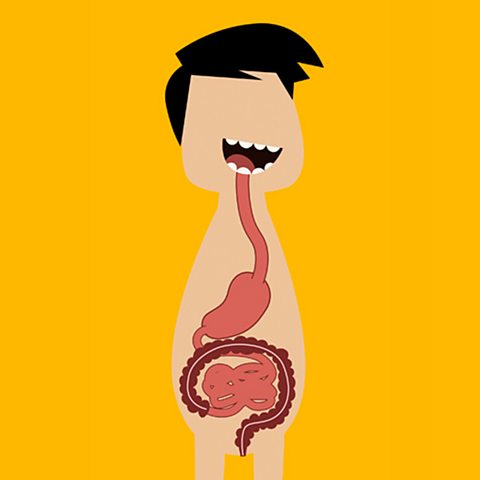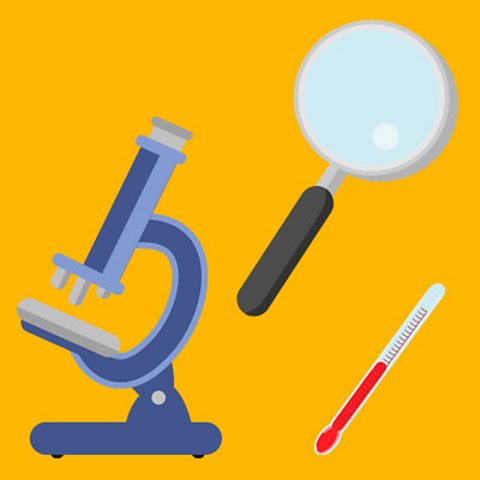Whitecoats, stuffy libraries and dark labs:
If this is what you picture when you think of a career in science, think again!
Being a scientist could lead to all sort of career paths – from the cosmetics industry to Antarctica. We’ve spoken to six terrific scientists about their awesome jobs and how they got there.
And if you want to find out more, you can download their full interviews by clicking the download link at the bottom of the page.
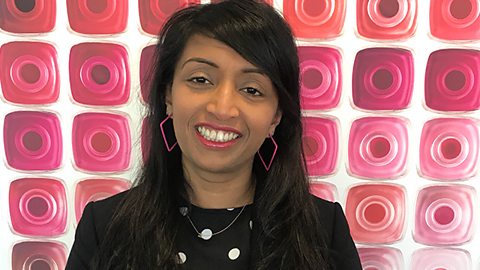
The make-up science expert
“I enjoyed Science at school but never felt I was particularly good at it, or had confidence in my ability.
I went to university to study Accountancy and Economics but didn't enjoy it.
I had a chat with my tutor who asked me what I enjoyed most and I said Chemistry, but I was afraid a Chemistry degree wouldn’t get me a job! I switched to Chemistry and it was the best decision I ever made.
A Science degree gives you lots of transferable skills like problem solving and data analysis as well as clear communication, organisation and creativity.”
After university, Shakila joined Proctor & Gamble’s Graduate Scheme and then joined L’Oréal UK & Ireland 12 years ago.
As Senior Scientific Advisor her day to day job isn’t in the lab, but involves marketing, communication, and law, making sure that the science behind L’Oréal’s products is properly communicated to the public, journalists and to the scientific community.
On any one day, Shakila can find herself briefing journalists on an advertising shoot, checking the marketing team has understood the science behind a product and is communicating it correctly, or she could be checking L’Oréal’s regulatory compliance is in order with regard to which ingredients and what concentration of them is being used in their products.

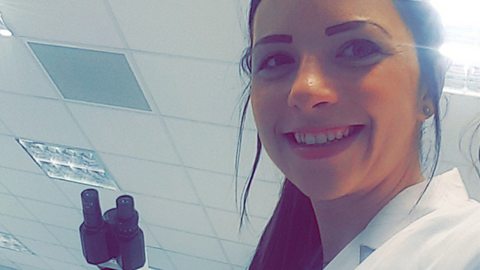
The food scientist
Danielle wasn’t interested in science at school. “I’d no idea what you could do with science. I didn’t want to be a doctor or a vet so I thought it was irrelevant to me.”
But after a few months with Natures Way Foods near Chichester, Danielle realised the food safety training she had received working casually at McDonald's was more useful than she had thought.
She received on-the-job training and support at Natures Way Foods, and when a vacancy for a Technical Compliance Auditor came up, Danielle's passion shone through and she was the successful candidate.
Natures Way Foods is now sponsoring her to study for a BSc in Food Science and Technology through the government’s apprenticeship scheme.

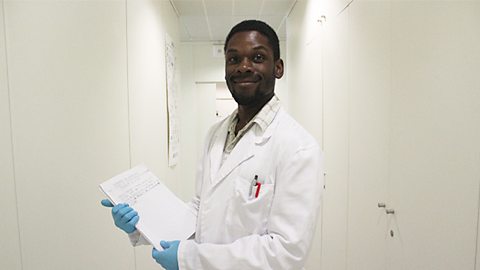
The start-up owner
“As a child, I was inspired by superheroes and science fiction and I had lots of ideas of things I wanted to invent. I was also greatly inspired by the Renaissance when great inventions and discoveries were made.”
Ovando studied Physics and Engineering at Queen Mary University in London, and then studied for a PhD in Nanomaterials.
His research focused on a material that improves how cells interact with surgical implants when they are implanted in the body to improve their acceptance.
Ovando is now developing his own technology company, SHICARTER | MEDICAL, which came in the Top 5 of a China-UK Technology Innovation competition.
As a result of this, he has now met with potential Chinese investors and is carefully considering their proposals

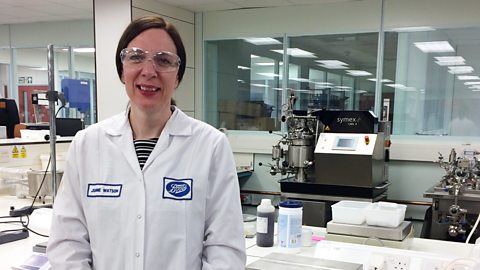
The colour scientist
“I loved science at school!
I loved doing experiments – mixing liquids together and watching them transform into something completely different. I found all those reactions fascinating.
Some people think science is difficult but it’s very logical and once something clicks with you, you’ve got it for life.”
After a degree in Applied and Analytical Chemistry, a Master’s degree and PhD in Colour Application Technology, and several years’ experience in the colour technology industry, Jo is now working for Boots on their No7 range of cosmetics.
She was Technical Lead on the project to develop their Match Made Foundation Service.

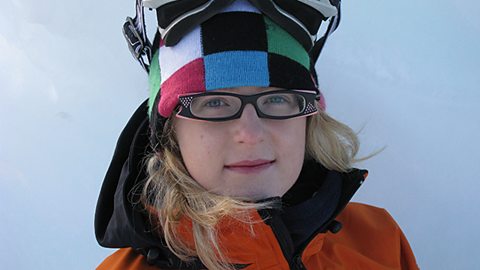
The ice scientist
“At school I loved physical geography and finding out how the Earth worked, but it wasn’t until later, at University, that I really got interested in the science.”
Growing up in New Zealand, Holly studied Geography at the University of Canterbury where they have one of the world’s leading centres for Antarctic Studies, Gateway Antarctica.
Holly took some modules related to Antarctica which sparked her interest in glaciology, and after graduation she got a place on the University’s Post Graduate Certificate in Antarctic Studies programme and spent two weeks in Antarctica.
Holly went on to study for a Master of Science degree in Earth Science at the Antarctic Research Centre at the Victoria University of Wellington and then to Curtin University in Perth, Australia for a PhD.
For both of these degrees, Holly’s research focused on Antarctic ice cores.
Holly is now 18 months into a three year project with the British Antarctic Survey.
She’s part of a small team investigating changes in the ozone layer over Antarctica over the past one thousand years.
Working in extreme conditions, Holly and her team drill 120m down into the ice to a point where they estimate they can get a 1000-year old ice core record.

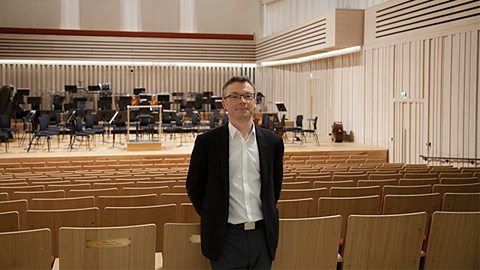
The sound engineer
"I was a good trumpeter as a kid but realised I wasn't quite good enough to make a career of it.
A lot of acousticians are frustrated musicians!
At 16 I left school and went to Salford College of Technology to study for a National Diploma in Professional Audio Systems where I learnt a lot about sound recording and became interested in acoustic design.
I did well on the course, so I applied to the University of Salford to study for a BEng in Electroacoustics.
Most people who apply to do a degree in Electroacoustics have A-levels but they must have seen my enthusiasm and I succeeded in getting a place."
With his interest in music, early in his career Steven decided to specialise in the acoustic design of buildings for the performing arts.
Twenty years on he is now Senior Acoustic Designer for the global building consultancy, Arup.
He has worked on many prestigious projects, most recently the Stoller Hall at Chetham’s School of Music in Manchester, but also The Lowry in Salford and the redevelopment of the Â鶹ԼĹÄ TV Centre in Shepherds Bush, London.

